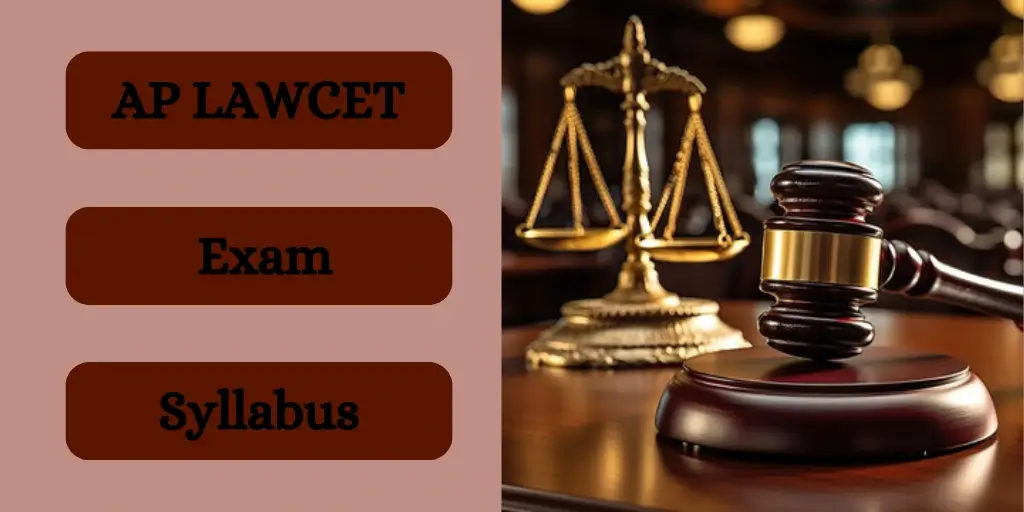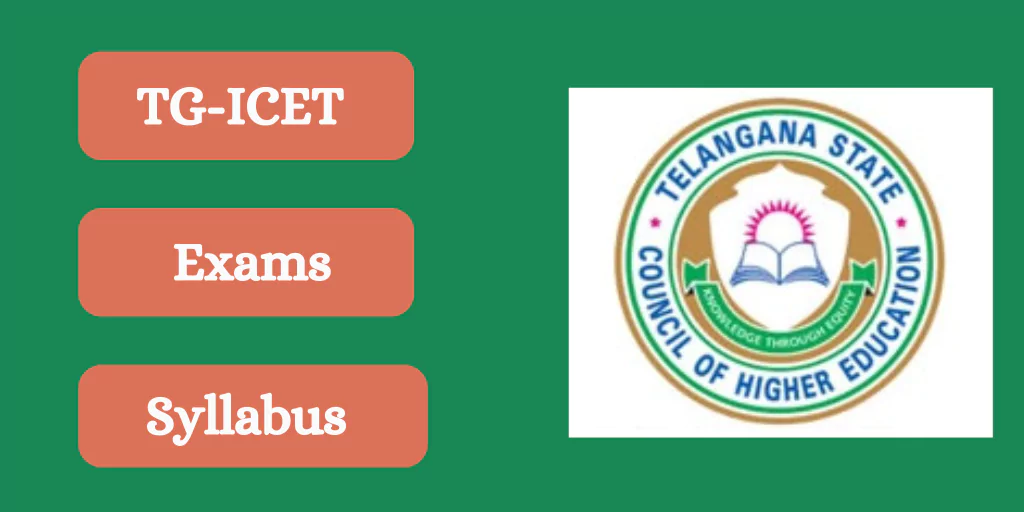Recently updated on December 4th, 2024 at 06:04 am
The Andhra Pradesh Legal Common Entrance Test (AP LAWCET) is an entrance exam for admission to the 3-year and 5-year integrated LLB programs offered by Andhra Pradesh’s law universities. The AP LAWCET syllabus mainly contains themes in legal studies, general knowledge, and analytical skills. Here is a thorough summary of the syllabus.
1. General Knowledge and Current Events
- Historical Events: Significant events in Indian and global history, such as liberation movements and historical milestones.
- Geography: Fundamental geographical ideas, physical characteristics of India and the world, and environmental concerns.
- Political Science: An understanding of Indian politics, constitution, government, and political ideas.
- Economics: Economics covers fundamental economic ideas, significant economic advancements, and contemporary economic challenges.
- Current Affairs: Recent national and international events, significant awards and honours, sports.
2. English
- Comprehension: Reading texts and answering questions about the material, understanding the subject, and recognizing key points.
- Vocabulary: synonyms, antonyms, idioms, and phrases.
- Grammar: Grammar includes sentence structure, tenses, parts of speech, articles, prepositions, and conjunctions.
- Error Detection: Finding grammatical faults in sentences.
- Sentence Correction: Correcting errors in sentences or phrases.
3. Legal Aptitude
- Legal Principles: Fundamental legal concepts, words, and principles, including contracts, torts, and criminal law.
- Legal Maxims: Key Latin maxims and their interpretations.
- Case Laws: Landmark decisions and significant legal cases from Indian legal history.
- Legal Reasoning: The ability to apply legal concepts to hypothetical situations, evaluate and analyze legal arguments, and use logical reasoning concerning law.
4. Mental Ability and Logical Reasoning
- Reasoning: The ability to evaluate and solve problems, see patterns, and draw logical conclusions.
- Critical Reasoning: Evaluating arguments, recognizing and judging logical fallacies, and making conclusions based on available facts.
- Data Interpretation: Analyzing and interpreting data in a variety of formats, including charts, tables, and graphs.
- Mathematical Reasoning: Fundamental math operations, percentages, ratios, and algebraic notions.
5. General Knowledge and Current Affairs
- Historical occurrences: Significant occurrences from Indian and global history.
- Geography: Geography includes physical and political geography, maps, and environmental issues.
- Political Science: The Indian political system, its constitution, and foreign relations.
- Current Affairs: Recent developments in national and worldwide news, such as politics, sports, and other major events.
Preparation Tips:
- Study Materials: Consult textbooks and reference materials on general knowledge, current events, English grammar, and legal aptitude.
- Previous Papers: Practice with past years’ question papers to have an understanding of the exam style and question types.
- Mock Tests: Take mock tests to increase your speed and accuracy while also identifying areas for improvement.
- Current Affairs: Keep up with current news through newspapers, television, and online media.
To get the most recent and up-to-date information, including any changes to the syllabus or exam pattern, visit the official AP LAWCET website or contact the examination authorities directly.
Conclusion
To summarize, a thorough preparation for the AP LAWCET requires balanced attention to these domains. Regular updates on current events, practice with logical reasoning, and a firm understanding of core legal principles will be critical for success on the exam.






